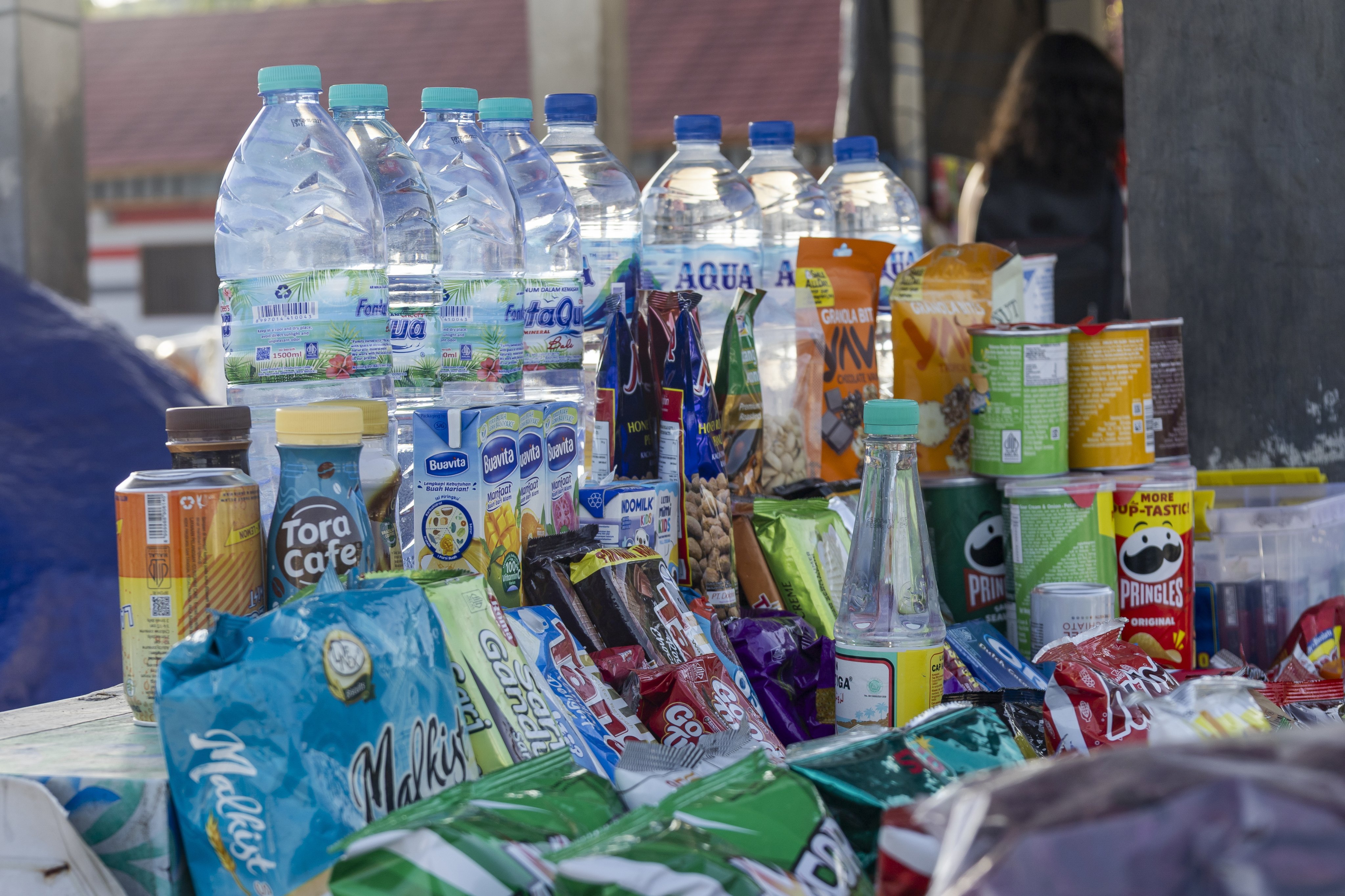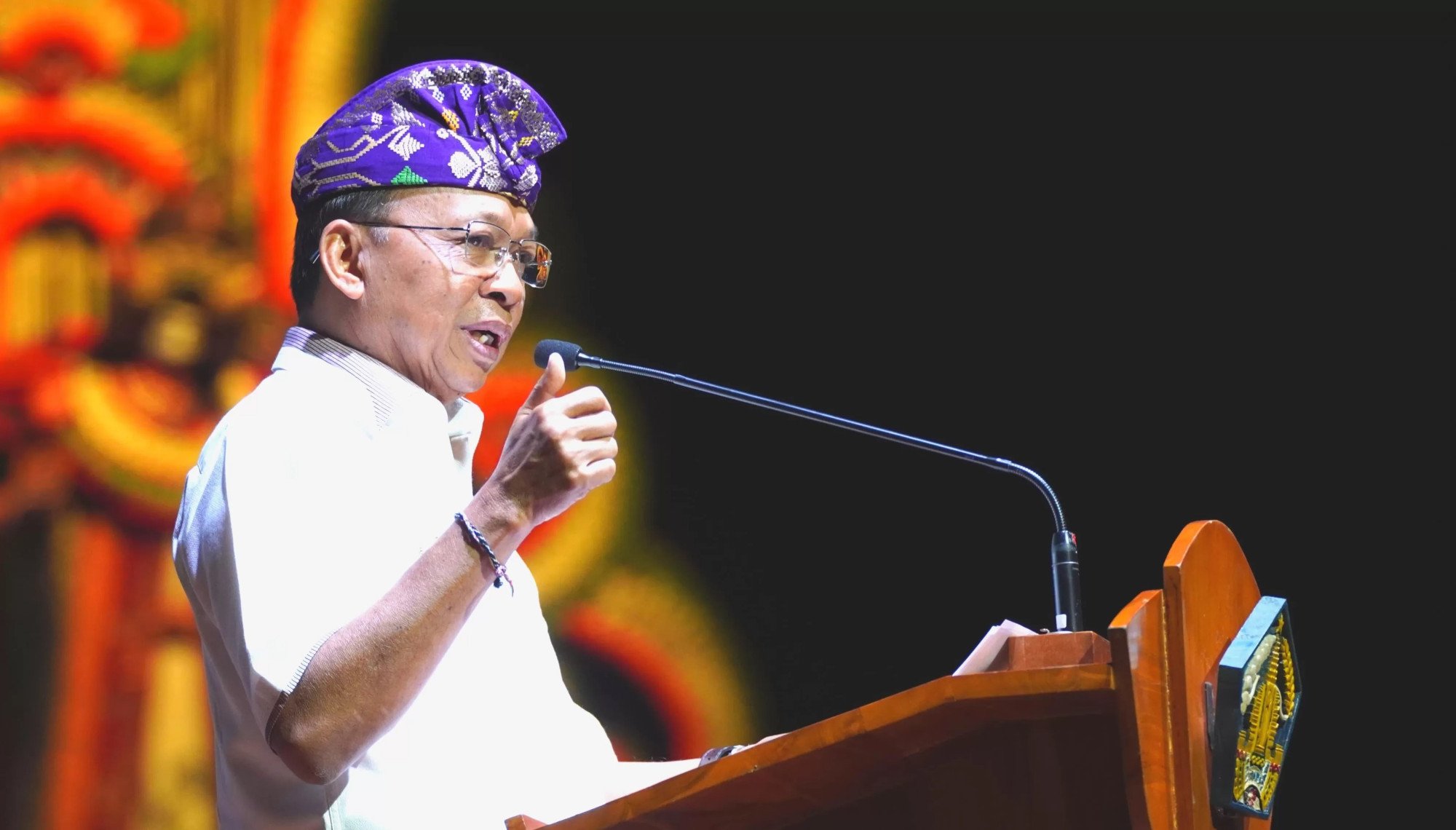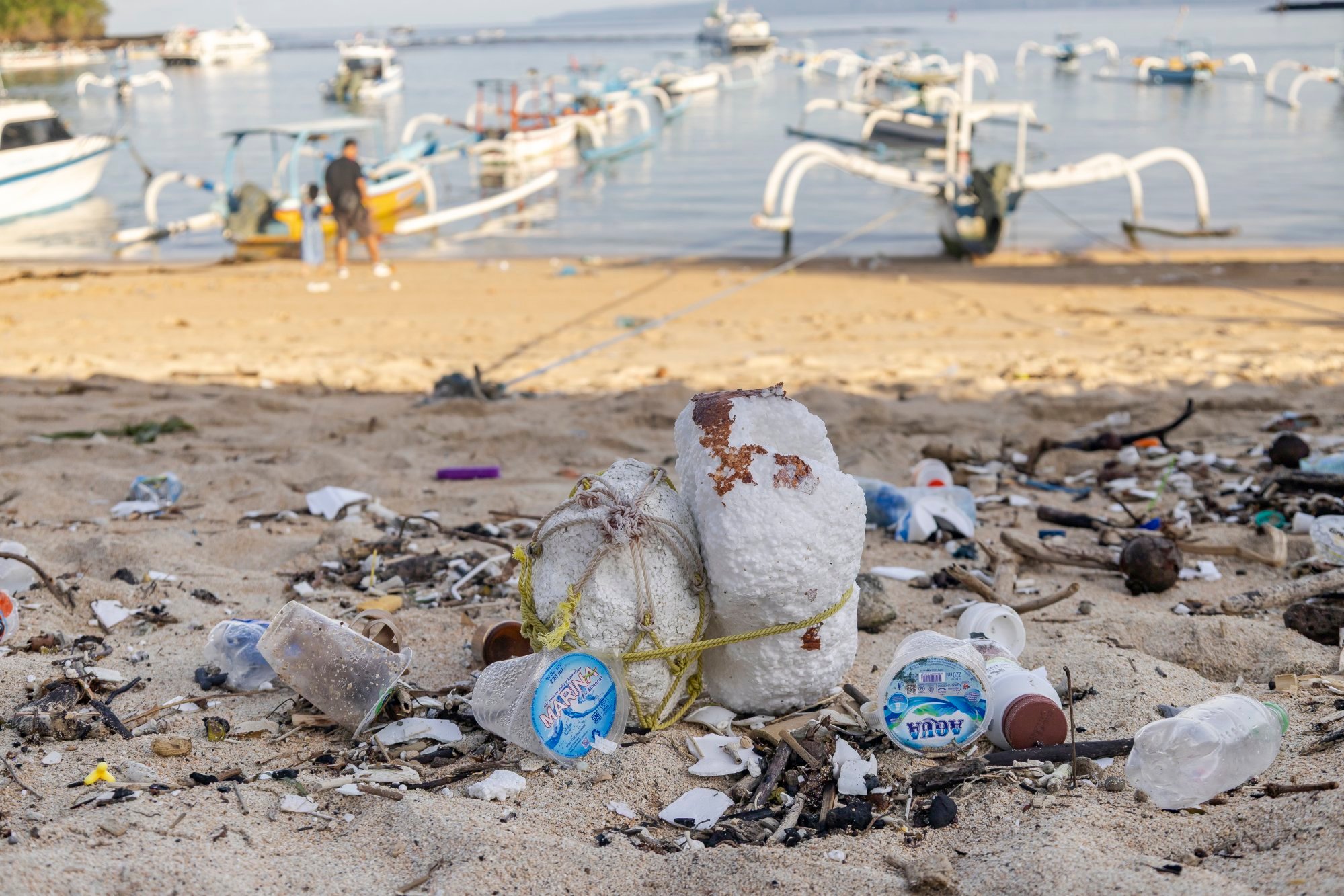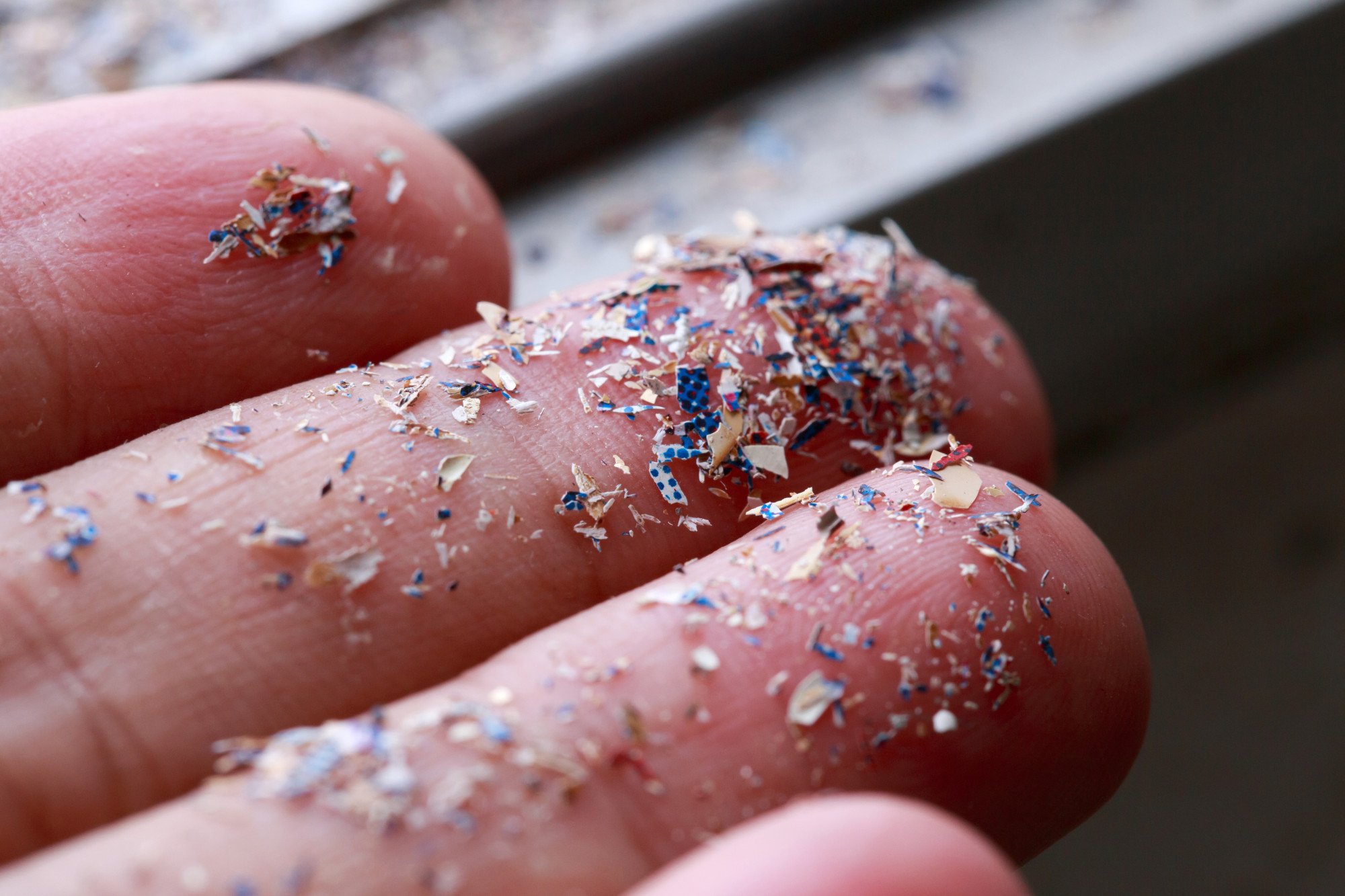Bali bans small plastic bottles to tackle waste crisis and microplastics: ‘urgent matter’
Bali’s governor has banned small plastic bottles to combat waste, sparking debate on environmental impact versus industry concerns

A sweeping new ban on small plastic water bottles in Bali has triggered backlash from Indonesia’s beverage and plastics industries, even as environmental advocates hail it as a bold step toward tackling the island’s growing waste crisis and microplastic contamination.
Governor I Wayan Koster, who launched the Bali Clean Waste Movement last month, has framed the initiative as part of a broader campaign to make the island of 4.3 million people waste-free by 2027. The policy builds on a 2018 gubernatorial decree that banned plastic bags in supermarkets and restaurants – a move since adopted by cities like Jakarta.
The new regulation, the first of its kind in Indonesia, which took effect in April, prohibits the production, distribution and sale of single-use plastic water bottles smaller than one litre. It also mandates waste segregation at the source across government offices, private businesses, markets, schools and places of worship.
Speaking to reporters on April 6, Koster said that beverage producers should use glass bottles instead of plastic for their products.

He warned that villages failing to comply risk losing financial help and incentives, while errant businesses could face permit revocations and be publicly labelled “not environmentally friendly” on the provincial government’s social media channels.
Bali generates around 3,436 tonnes of waste each day, of which 60 per cent is organic material that can be processed, Koster said during the launch of the initiative on April 11. In contrast, only 17 per cent of plastic waste is currently recyclable, he added.
Nearly 24 per cent of the island’s waste never reaches a rubbish bin, while 43 per cent is sent to a landfill. The remainder is managed through various waste reduction and processing systems.
Koster also noted that much of the rubbish washing up on Bali’s beaches during the monsoon season comes from outside the island – particularly from East Java, Kalimantan and Sulawesi.
Killing the industry?
Despite acknowledging the intent behind the policy, business leaders have expressed concern about its impact on Bali’s food and beverage sector.
“If we look at the purpose and intent of the ban, it is indeed good, but what is unfortunate is why it must prohibit the production of drinking water that is less than one litre. This is interfering with the food and beverages [industry],” I Nengah Nurlaba, head of the Indonesian Employers Association in Bali, said in a statement on April 20, as cited by online news outlet Detik.
Triyono Prijosoesilo, chairman at the Soft Drink Industry Association, said that the ban may reduce industry profits by five per cent.
“The Bali market is quite large for the ready-to-drink beverage industry. There are many tourists there, there is quite good economic growth, so the consequences are also quite large,” Triyono told reporters on May 14.

The ban alone will not solve Bali’s waste problem, as plastic waste is less than “organic waste and other waste from religious ceremonies”, said Fajar Budiono, secretary general at the Indonesian Olefins, Aromatics and Plastics Association.
“What is the actual purpose of the ban? If it is to reduce waste, it feels a bit far [from being attained], but if the purpose is to facilitate waste processing, we have no choice but to follow,” Fajar told This Week in Asia.
Fajar argues that environmental bans, such as those on single-use plastic bags and straws, while well-intentioned, can lead to new problems.
“The ban on plastic bags boosts the usage of multipurpose bags, some of which are made from plastic. Plastic straws have been replaced with bamboo and metal straws,” Fajar said. “In some places, dish soaps are used to clean them, polluting the water. Dish soap accelerates the growth of water hyacinth in the upstream of the rivers.”
Water hyacinth, which are blooming perennials, could block the waterways and hinder the growth of freshwater life in the rivers.
Fajar said that he supports policies such as banning open dumping, or illegal waste disposal sites, but suggested the Bali government “keep innovating” and find the right technology to manage their waste, including by converting it into energy.
Danger of microplastics
In contrast to the industry, anti-single-use plastic campaigners such as Bali-based Ni Made Diyah Darma Yanti welcome the ban, saying it was “one of the good breakthroughs from our governor”, despite it not being fully implemented.
“After this regulation was launched [last month], in reality, there are still small plastic bottles of drinking water being sold at the supermarkets. As they are still available, tourists still buy them. We will likely start campaigning about this,” Diyah, who is the single-use plastic reduction programme coordinator at the Bali Environmental Education Center, or PPLH Bali, said.
Last year, an audit of waste compiled by environmental group Sungai Watch found that nine out of 10 most polluting brands in rivers in Bali and Banyuwangi in East Java were bottled beverages, topped by a well-known mineral water, produced by French food and beverage giant Danone.

Last year, PPLH Bali tested food and drinks being sold in single-use plastics in canteens at two schools on the island and found that all the samples contained microplastics.
“This is why reducing single-use plastic becomes an urgent matter. There are many chemical materials in plastic, which takes a long time to decompose,” Diyah said.
“Some of the plastic’s decomposition turns into microplastics, which, currently, are already found in our children’s food, so we can say that even our children are contaminated.”